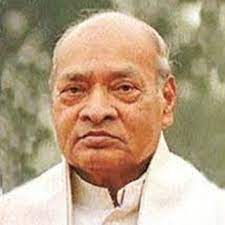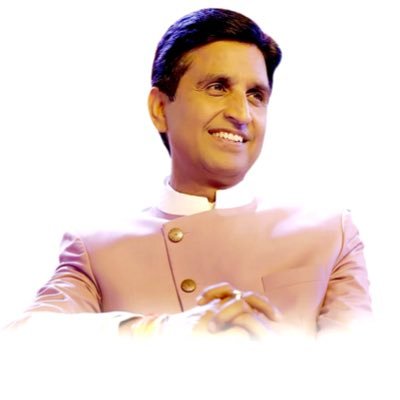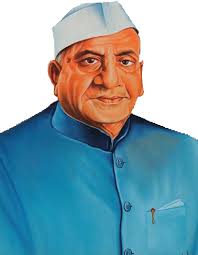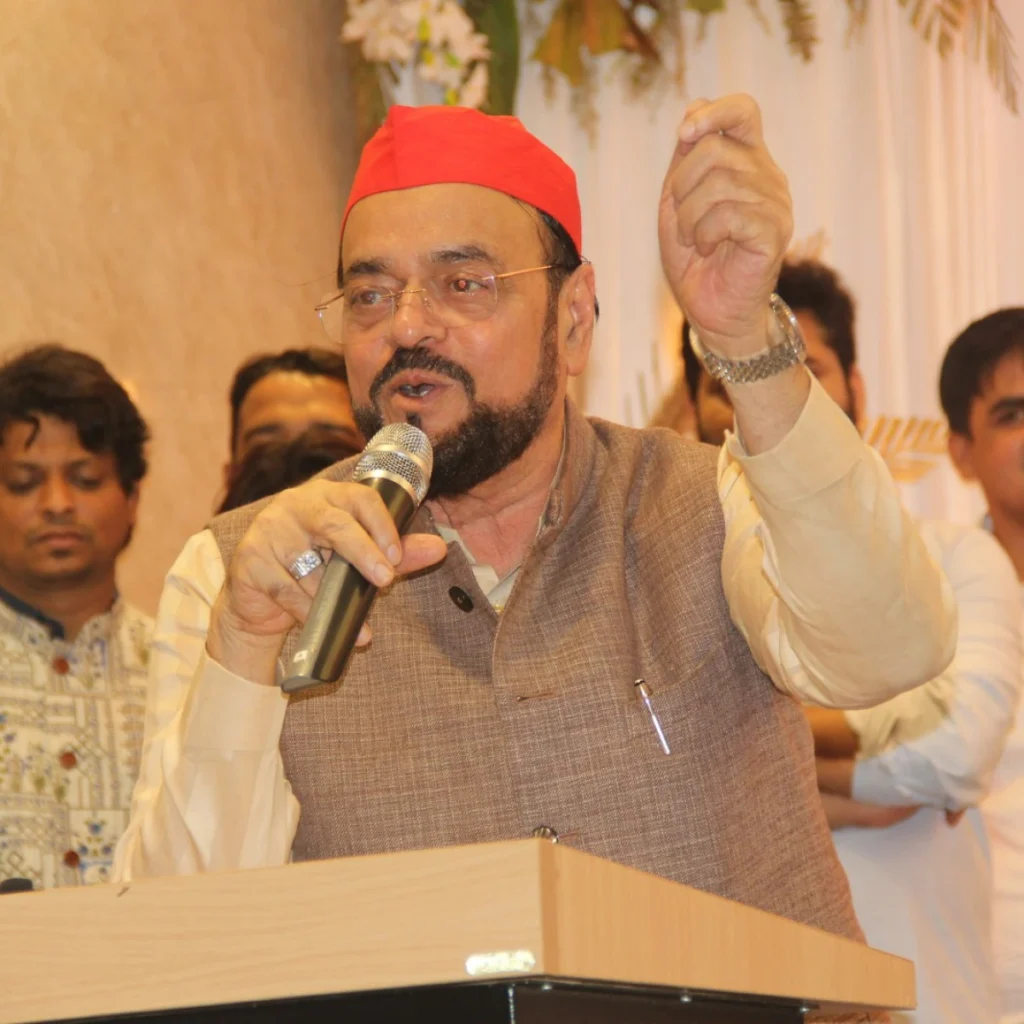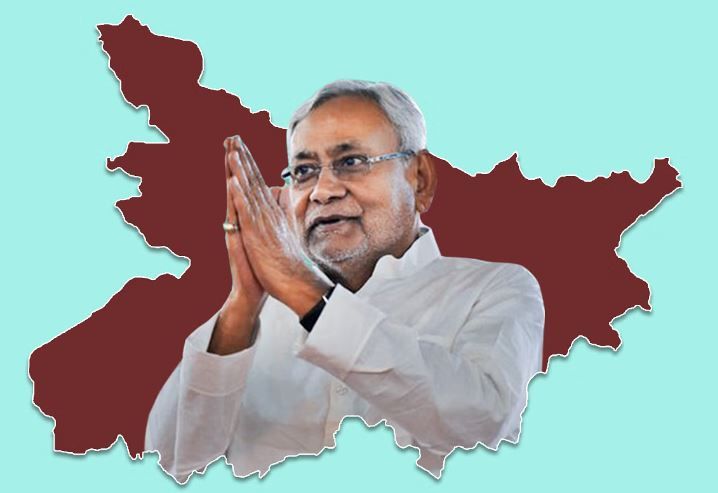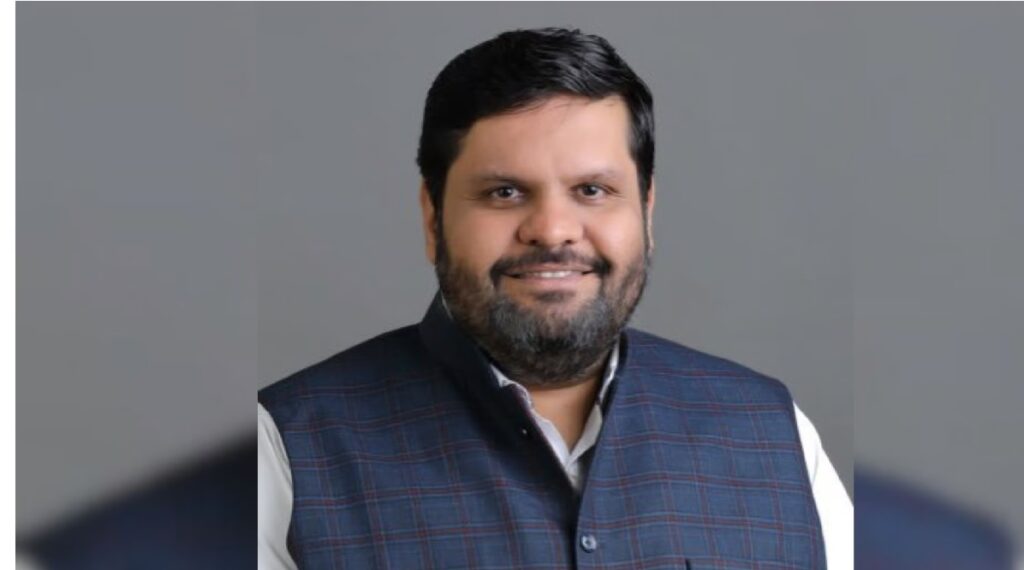Pamulaparti Venkata Narasimha Rao, commonly known as P.V. Narasimha Rao, was born on June 28, 1921, in a small village in the present-day Telangana state of India. He rose to prominence as a statesman and political leader, serving as the Prime Minister of India from 1991 to 1996. Rao’s tenure as Prime Minister coincided with a period of profound economic and political change in India, and his leadership played a pivotal role in shaping the country’s trajectory.
Rao’s most enduring legacy lies in his role as the chief architect of India’s economic liberalization program. When he assumed office in 1991, India was grappling with a severe economic crisis marked by high inflation, burgeoning fiscal deficits, and a looming balance of payments crisis. In response to these challenges, Rao embarked on a bold and ambitious agenda of economic reforms aimed at liberalizing the Indian economy and integrating it into the global marketplace.
Under Rao’s leadership, India implemented a series of far-reaching reforms that dismantled the country’s decades-old system of state-led economic planning and ushered in an era of market-oriented policies. These reforms encompassed a wide range of measures, including the liberalization of trade and investment, the privatization of state-owned enterprises, and the deregulation of key sectors of the economy. Rao’s government also took steps to streamline bureaucratic procedures, promote entrepreneurship, and encourage foreign investment.
The impact of Rao’s economic reforms was profound and far-reaching. India’s economy experienced a surge in growth and investment, propelled by increased productivity, competitiveness, and innovation. The liberalization of trade and investment opened up new opportunities for Indian businesses to expand globally, while the privatization of state-owned enterprises injected much-needed efficiency and dynamism into the economy. Rao’s reforms also helped to alleviate poverty and improve living standards by creating new employment opportunities and expanding access to goods and services.
In addition to his economic legacy, Rao’s tenure as Prime Minister was marked by significant developments in India’s foreign policy and national security. He played a key role in navigating India through a period of geopolitical upheaval, including the dissolution of the Soviet Union and the end of the Cold War. Rao’s pragmatic approach to diplomacy helped to safeguard India’s strategic interests while promoting peace and stability in the region.
Despite facing formidable challenges and political opposition, Rao demonstrated remarkable resilience, vision, and leadership throughout his tenure as Prime Minister. His legacy as the architect of India’s economic transformation continues to shape the country’s trajectory to this day, laying the foundation for India’s emergence as a global economic powerhouse in the 21st century.
P.V. Narasimha Rao’s life and legacy serve as a testament to the power of leadership, innovation, and bold decision-making in driving positive change and transforming nations. He remains a revered figure in Indian politics and a source of inspiration for future generations of leaders committed to advancing the welfare and prosperity of their people.

